There are 52,000 students at the biggest higher educational establishment in Portugal, 20,000 of them of other nationalities. Bulgarian culture has been part of this conglomeration of different cultures for more than 30 years. The Bulgarian language is part of the Centre for Slavic Languages and Cultures of the humanities faculty of the University of Lisbon, alongside another five Slavic languages. Head of the Centre is Prof. Georgi Hristovski from Bulgaria.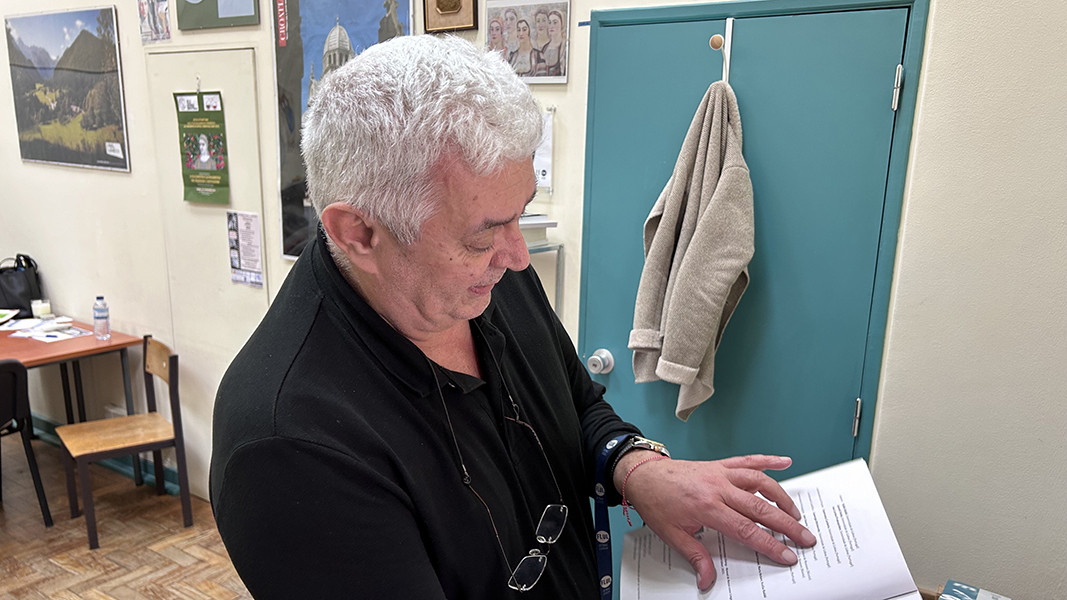
“There are many centres of this kind in the world,” explains Prof. Hristovski. “But in most other places the study of languages is limited – between two and four in number – at the University of Lisbon we have six Slavic languages – Bulgarian, Russian, Slovenian, Polish, Czech and Croatian. In Portugal, university education is 3 years by force of the Bologna process for more accessible education in the EU. There has never been a tradition here for Bulgarian studies, as is the case in Poland, Czechia, Hungary etc. In practice, I was the trailblazer 30 years ago, including by selecting the lecturers in the individual languages back then. And something else we regard as a success – that Slavic languages here can be studied as a sub-major, as an elective subject while studying at any of the faculties, and as an elective subject for people who are not students at all.”
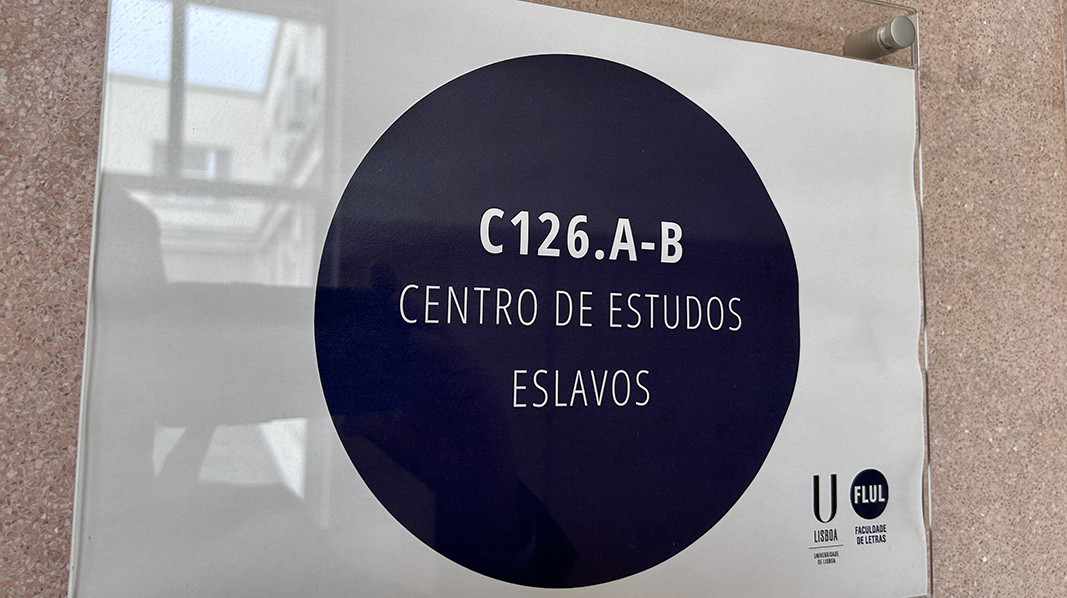
Parallel with the important role he has been playing at the Centre of Slavic Languages and Cultures, for more than 20 years Prof. Hristovski also teaches morphology and phonology of the Portuguese language at the university – a job not easily entrusted to a foreigner. But that is not all – he also lectures in speech and communication, and sociology of communication. In 1985, Prof. Hristovski launched Bulgarian studies at the University of Lisbon. Most of the students who have chosen to study the Bulgarian language are from Portugal, but there are also people from other Slavic countries, as well as form Italy, from China…”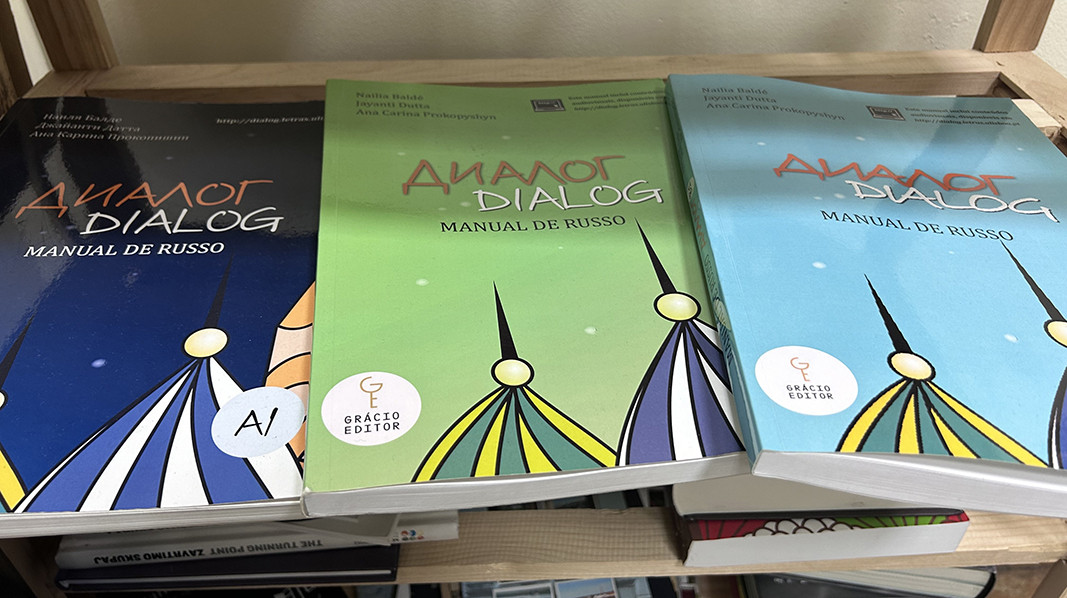
The prospect for Bulgarian studies in Portugal, Prof. Hristovski says, is to become an integral part of Slavic studies. That is why the Centre of Slavic Languages and Cultures he is head of lays an emphasis on the language experts working together.
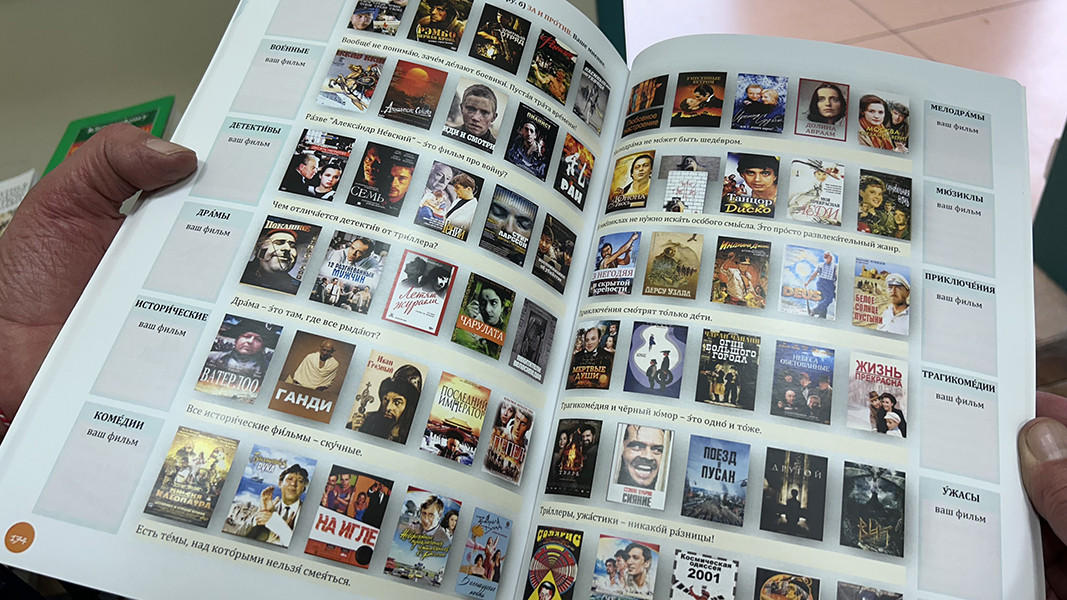
“I have always told my colleagues that. An event is organized by our colleague from Czechia, for example – a presentation, a conference or something else. And we all go. Our Bulgarian or our Russian colleague is doing something – we support them. That is the only way to get ahead. And people get along. They talk to each other as colleagues, they exchange information, data etc.”
Ana Karina Prokopisi teaches Russian at the Centre of Slavic Languages and Cultures. She is Portuguese and is married to a Ukrainian. 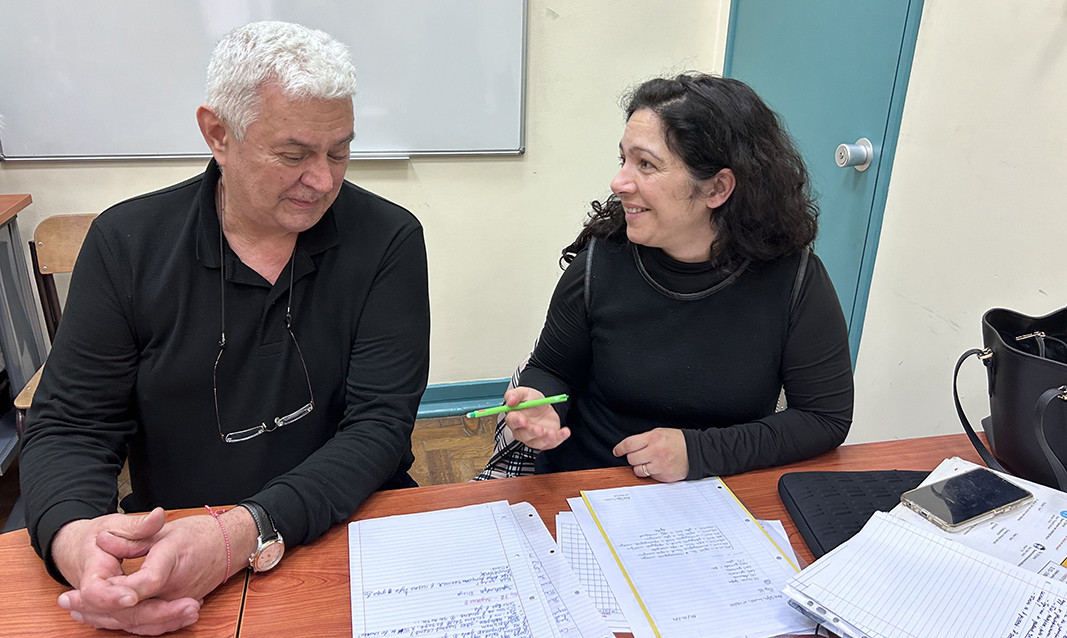
“We are very pleased with the professor, and with the way the Centre has been developing,” she says. “Prof. Hristovski is more than head of the Centre, he is a good friend. One of our successes is the project I am working on which we earned in competition with 100 other candidates. It is targeted at academics in Portuguese-speaking countries. To put it in simple terms – we organize conferences for them called “Pages from Russian literature”, every other year we organize a translation competition and invite translators from Russian to Portuguese and from Portuguese to Russian. This is a way to present the culture and literature of the two countries which is helpful for lecturers in the humanities.”
Photos: Krasimir Martinov
The president of the Bulgarian Women and Families Club in Hamburg, Emilia Jucker, presents her paintings to the Chicago public for the second time. This time her exhibition is dedicated to the 30th anniversary of the cooperation between the two cities on..
"I have ordered inspections of all theaters to find out whether there are schemes for siphoning off state funds in other places", caretaker Minister of Culture Nayden Todorov told Nova TV. The comment follows findings of financial abuse in the towns..
The Festival for European Solidarity will mark the 35th anniversary of the fall of the Berlin Wall. According to the organizers from the Cultural Centre of the University of St. Kliment Ohridski and the Reading and Culture Centre association, the..
On 23 October, Bulgarian author Georgi Gospodinov will be awarded the Knight of Arts and Letters order at the French embassy residence in Sofia...
The Bulgarian Cinema Days in Slovakia will be officially opened tonight at 18.30 at the Lumiere cinema in Bratislava with the premiere of the..
The tenth edition of the Cinelibri International Book-to-Film Festival opens today with a ceremony in Hall 1 of the National Palace of Culture in Sofia...

+359 2 9336 661
